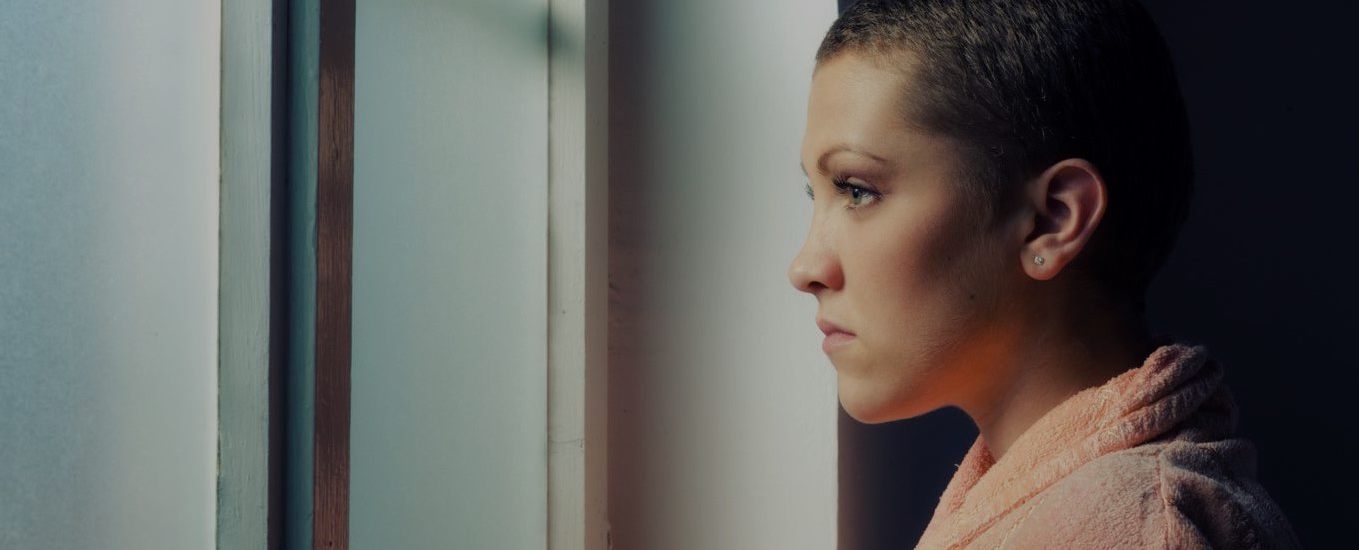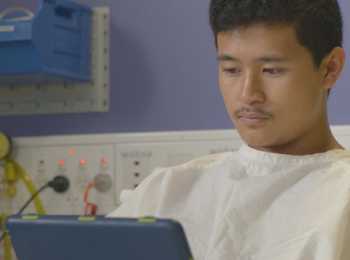When treatment doesn’t work
Sometimes, treatment doesn’t work or stops working.
Being told that your cancer cannot be cured is probably the hardest thing you and your family will ever have to hear.
You have the right to deal with it your way – there is no right or wrong way. It is important to find people you can trust and who will be honest with you. This may be family or friends, but sometimes it may be easier to find someone outside the family.
Sometimes cancer that cannot be cured will be life-limiting, and sometimes it may be referred to as a terminal illness. This means that the cancer is most likely going to be the cause of someone’s death.
Making the most of life with a terminal illness often depends a lot on having the symptoms under control. Palliative care is really important to relieve symptoms and treat any physical problems. If these symptoms are under control, you can get on with doing what you want to do.
If your cancer can’t be cured, Canteen is in your corner. Canteen can put you in touch with a counsellor, help you make the most of life with a life-limiting or terminal illness, and connect you with other young people with incurable cancer through Canteen Connect.
Getting the right information
Getting the right information is so important. It can help you make decisions that are right for you and also help you to understand what is going to happen.
Questions you have could include:
- Why did this happen?
- How do you know that there are no more treatments to try?
- Can I get a second opinion?
- How long do I have?
- What will it feel like? Will it hurt?
- Will I be aware of what is happening?
There may be lots of other questions – there is no such thing as a stupid question. Asking may be really hard, but not asking might be harder.
Finding people who will be honest in their answers might be tricky too. You could try your doctor, nurses, social workers or a family member.
In the advanced stages of cancer, there are many (often difficult) decisions that need to be made about treatment, such as:
- What sort of treatment you will be given (if any)
- Where you will have treatment
- When to stop treatment
- Whether antibiotics should be taken if there’s an infection, or whether there should be resuscitation if breathing stops.
These are all things that need to be discussed with your treatment team and your family and loved ones. It’s not easy, but it’s important to talk about them and make sure your treatment team and family/partner know what you want. This can prevent more stress for them when decisions need to be made.
Recording your treatment wishes
Advanced care planning gives you the chance to think about, discuss and record your wishes for future medical treatment and care. It helps to ensure that your family and healthcare team will make decisions that respect your treatment preferences if you become unable to communicate your wishes in the future. You can learn more about advance care planning at Advance Care Planning Australia or talk to Canteen or your treatment team.
Making plans
After you have moved through the initial shock and the other intense emotions of finding out that your cancer cannot be cured, you may start to think about a lot of things that you want to do, say, sort out and get in order.
You may want to pack in as much as you can while you can, or you may want to just enjoy the time you have with the people you love.
The important thing is to find ways to communicate what it is that you want.
If you’re able to talk openly about how you feel to your family and close friends, they will probably be relieved and able to respond.
You can choose who you want to talk to – people who will be able to support you. You only need to share as much as you want to share and when you are ready.
Some things to think about:
- Is there something that you have always wanted to do or see?
- Are there things you want to tell people who are close to you?
- Is there someone you would like to see?
- Are there decisions that you want to make while you are still able to?
- Are there certain things that you want to have done after you have died?
- Would you like to leave any letters or instructions for people, such as for special occasions?
- Do you want to plan your funeral, celebration or memorial? If so, what will that look like?
- How would you like to be cared for after you die? Would you prefer to be buried or cremated?
- Have you made a Will?
- Have you made decisions about treatment at the end of life – and made sure your family know your wishes?


















